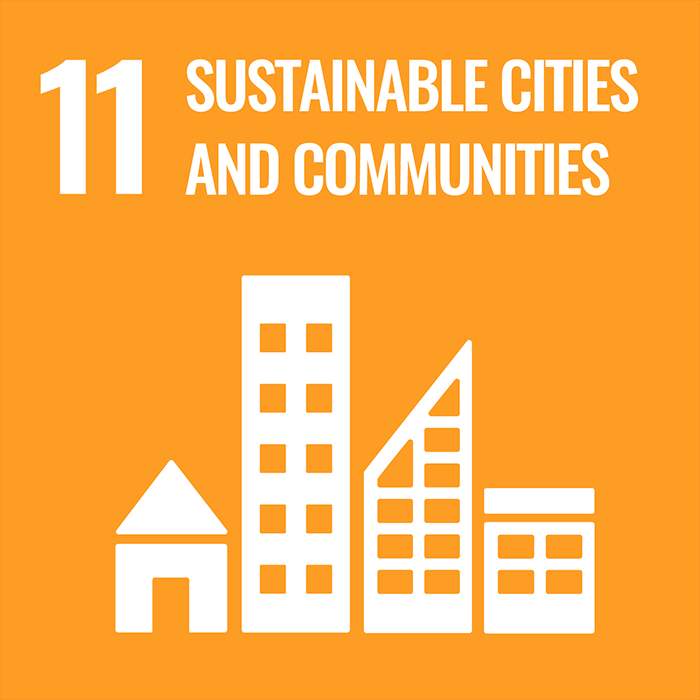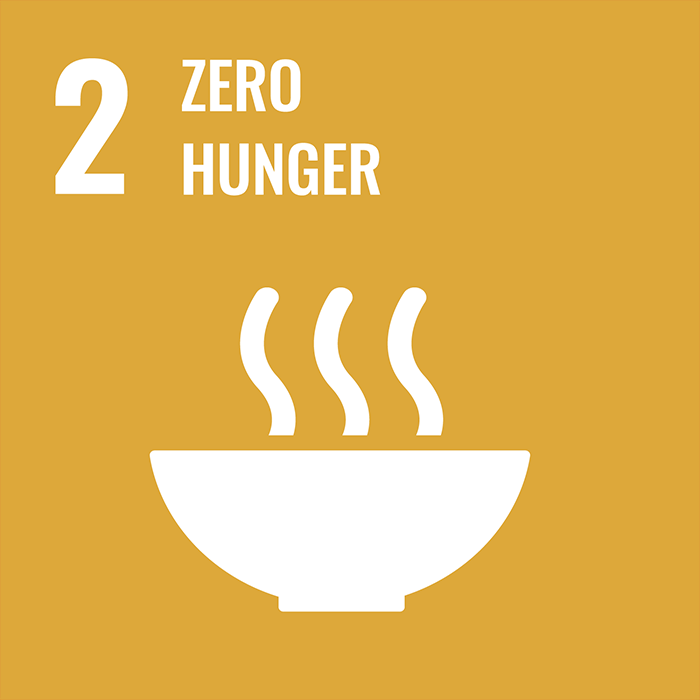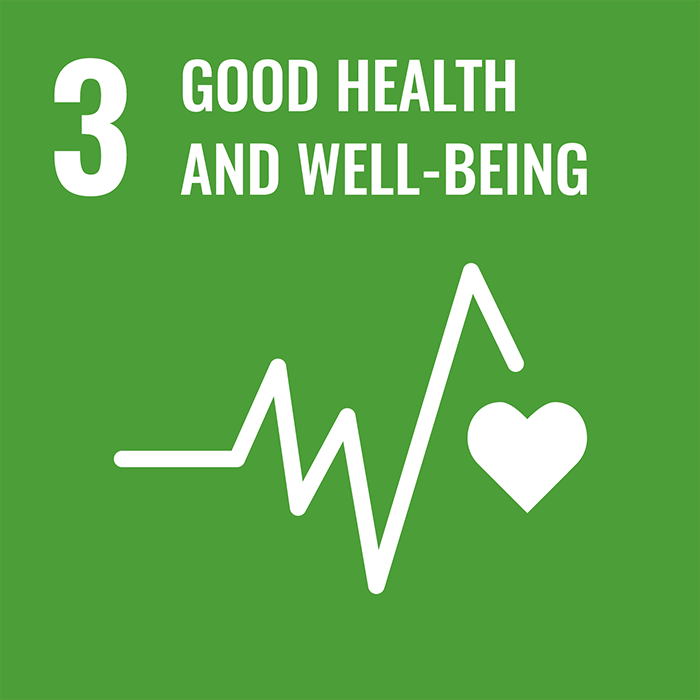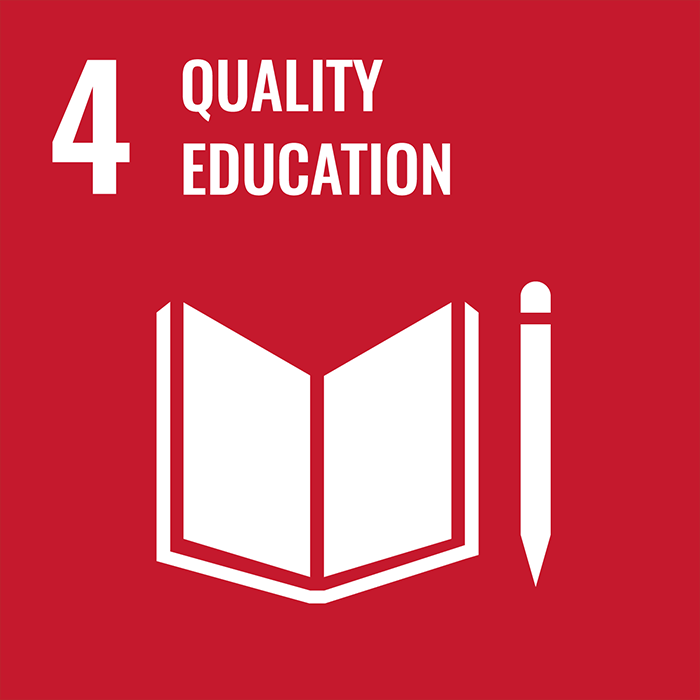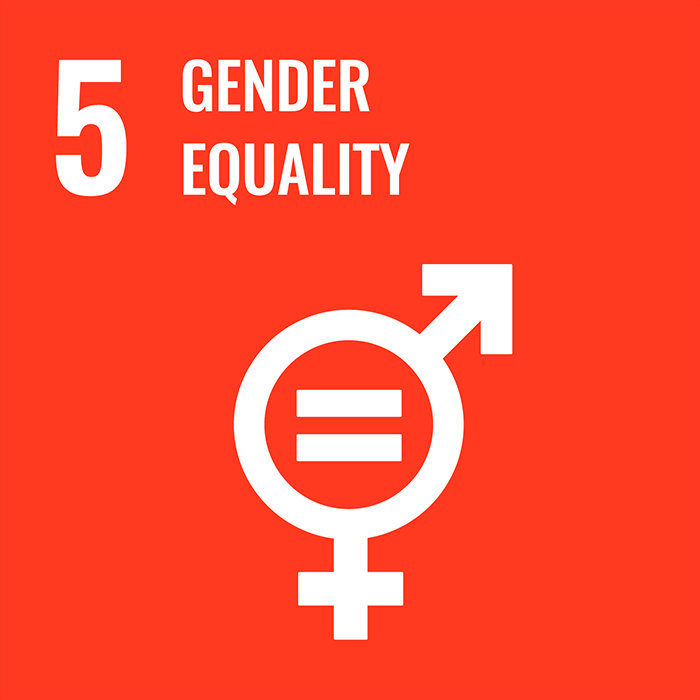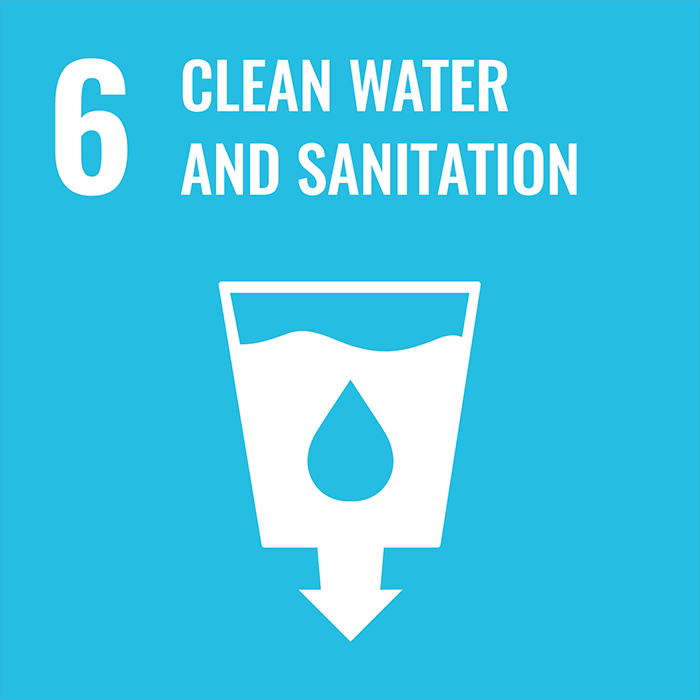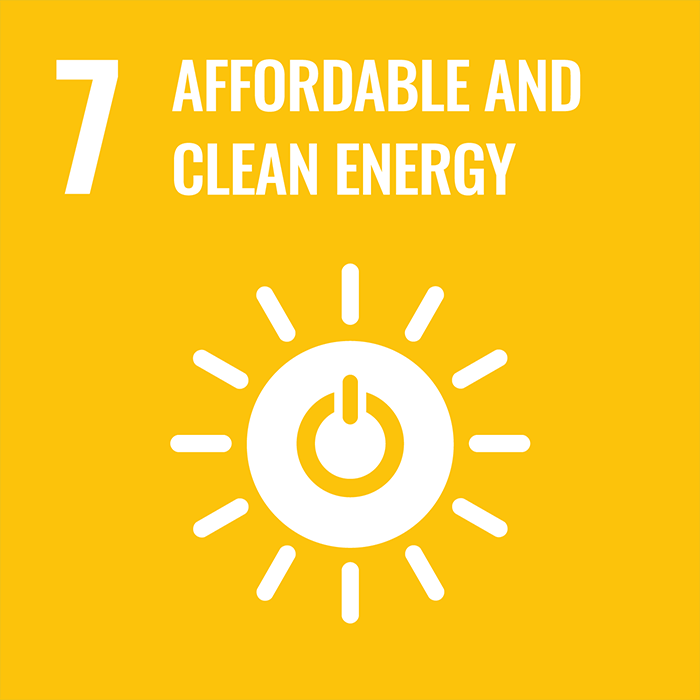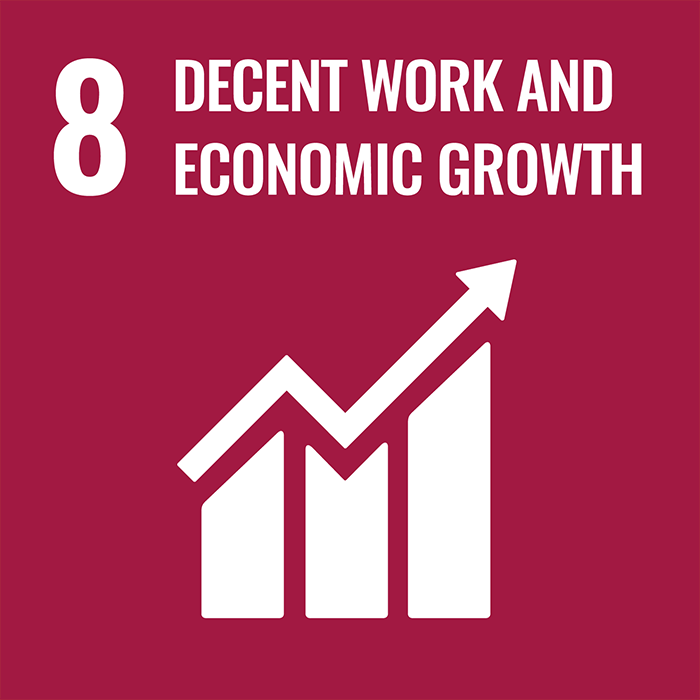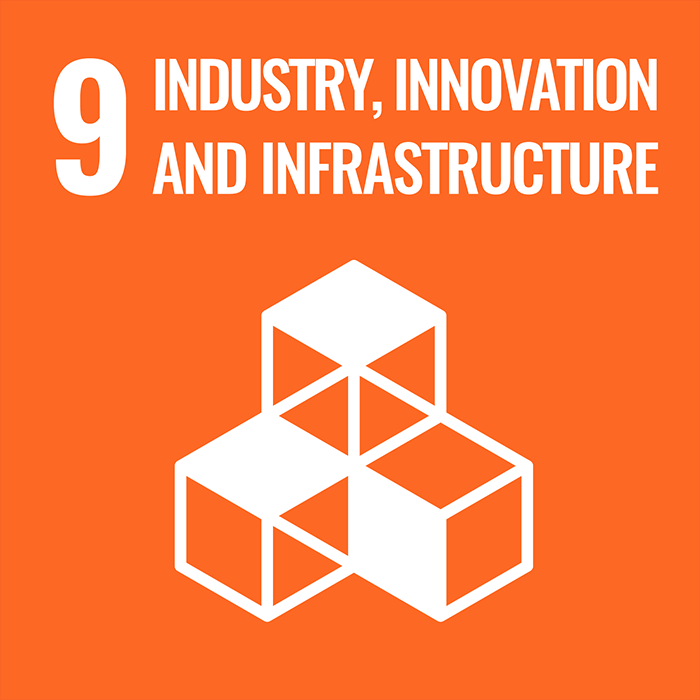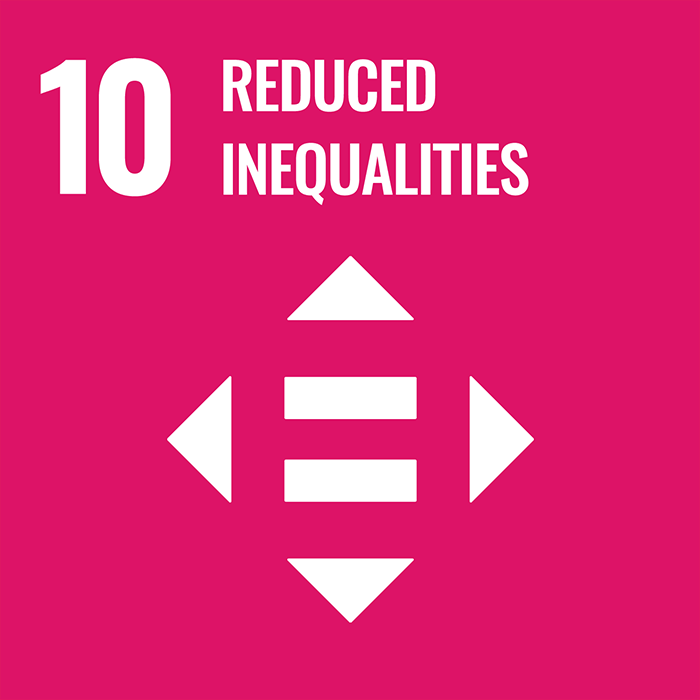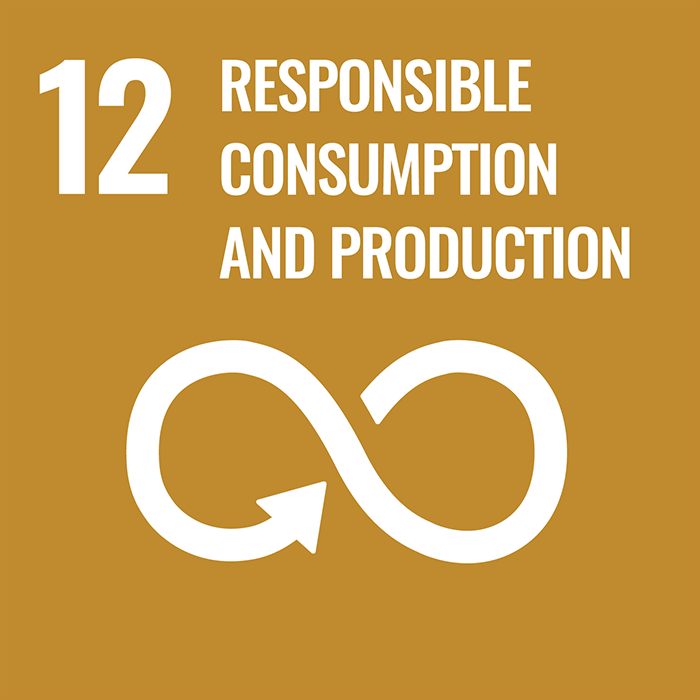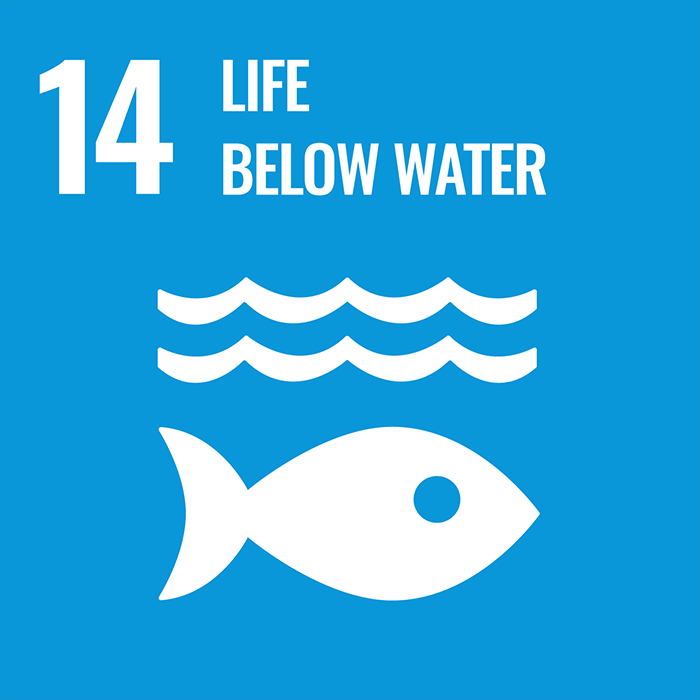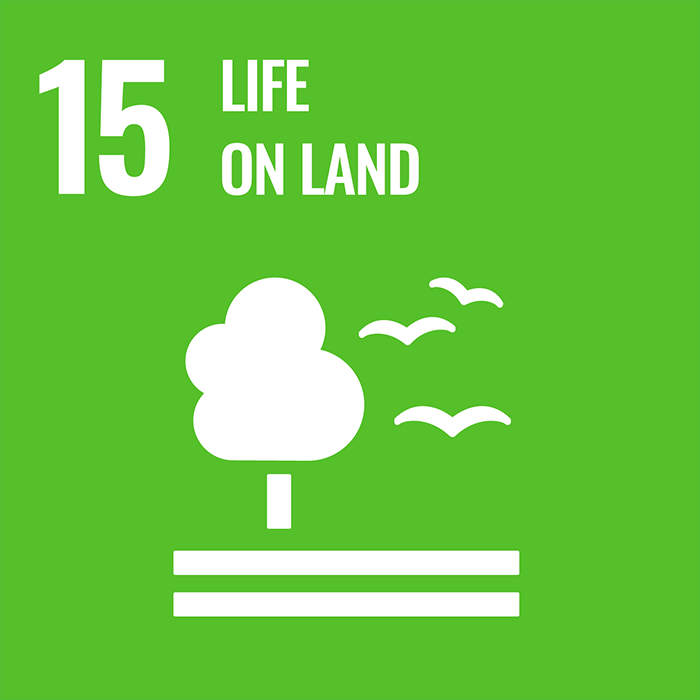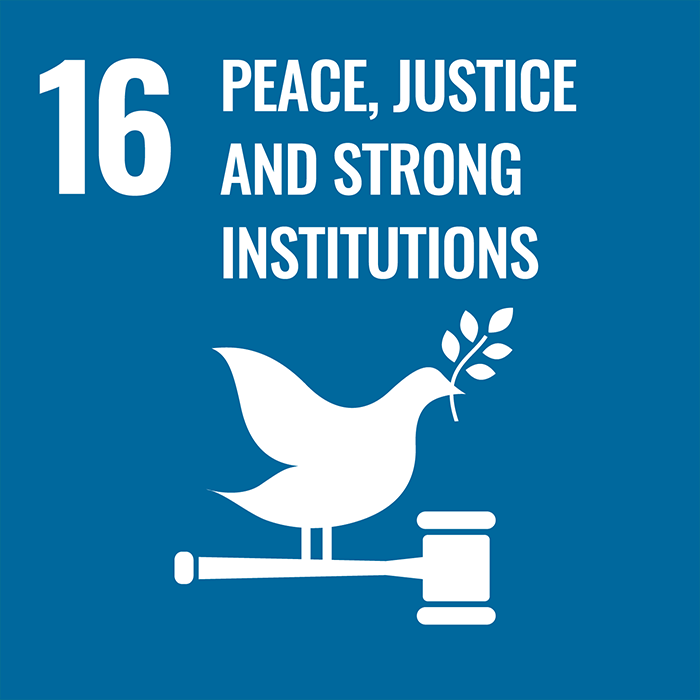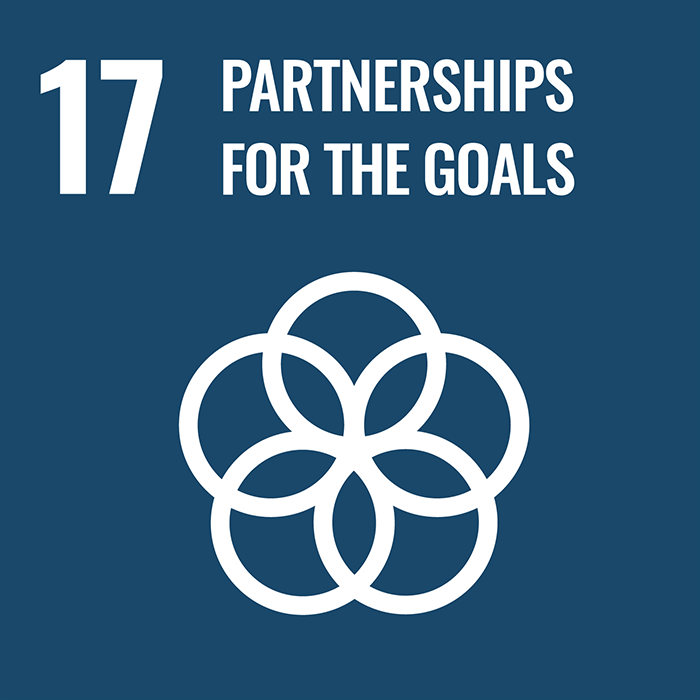Progress towards UN SDG 11: Sustainable cities and communities
Make cities and human settlements inclusive, safe, resilient and sustainable
Our research

The TransiT Hub, a collaboration of eight universities and 67 partners jointly led by Heriot-Watt University in Edinburgh and the University of Glasgow, has secured £20 million in funding from the UKRI Engineering & Physical Sciences Research Council, the main funding body for engineering and physical sciences research in the UK.
Another £26 million in support is being provided by stakeholders across the digital, energy and transport sectors, including transport operators, regulators, vehicle makers, technology companies and energy suppliers. The collaboration is thought to be one of the largest transport consortiums of its kind.
TransiT will identify the lowest cost, least risky and most energy-efficient way to decarbonise transport by developing a digital twinning approach.
Digital twins are digital replicas of the physical world. They are created using data collected from the physical world in real time. This data is collected by sensors connected to real-world infrastructure – for example, motorway, railway, shipping or flight monitoring systems. The digital twin rapidly analyses the real-world data to test and improve different scenarios.
A practical example might be a digital twin automatically updating digital road signs with information on the shortest route out of a traffic jam, based on real-time traffic data in that location.
TransiT will identify the lowest cost, least risky and most energy-efficient way to decarbonise transport by developing a digital twinning approach.
Learning & teaching

The Gaelic with Immersion Programme has received a long-term funding commitment from the College of Arts & Humanities at the University of Glasgow after a successful pilot. This will establish Gaelic with Immersion as an integral part of the college’s Celtic & Gaelic diverse programme offering.
In 2017, the college commissioned a feasibility study to consider an immersion experience in Glasgow and this revealed a demand for more intensive language opportunities among students and adult learners. Two years later, the Gaelic with Immersion Programme was offered to students, initially as a three-year pilot project with financial support from the Scottish Funding Council.
The programme has been highly successful, with students continuing to employment in Gaelic education, management, administration and the creative arts.
University operations

The University of Glasgow has begun construction on a major new learning, teaching and research building in the West End of Glasgow, on its historic Gilmorehill campus with completion scheduled for the 2028–29 academic year.
The Keystone Building is the fifth major building to be constructed through the University of Glasgow’s £1.3 billion Campus Development Programme. It will be a world-class facility dedicated to learning, teaching and research, and accommodate around 3,600 students.
Designed by HOK architects and constructed by the University's principal contractor Multiplex, the building will serve as a hub for students of all disciplines and offer a mix of general teaching spaces, technical facilities, collaborative areas and a cafe.
This investment in Keystone also signifies the University’s continued commitment to being a civic institution for Glasgow, creating vibrant new spaces which will be of benefit to not only our own students, but also to our local community.
The Keystone will be the University’s most sustainable building yet, aiming to achieve ‘BREEAM Excellent’ certification, along with ambitious energy use targets.
Civic engagement

A group dedicated to preserving and promoting one of the most renowned collections of early medieval sculptures in Europe has been awarded a grant of £150,000 by SP Energy Networks’ Net Zero Fund to make vital sustainable upgrades to the home of the archaeological site in the heart of Govan.
Govan Heritage Trust, which the University of Glasgow's Professor Stephen Driscoll helped set up, is responsible for the maintenance and upkeep of Govan Old Church, a Grade A listed building on the banks of the River Clyde, and will use the funding to install a new river source heat pump, resulting in a 93% reduction in carbon emissions and a 20% saving in energy costs.
Now in community ownership, the church is currently being transformed into a museum to showcase the site’s heritage, including the Govan stones, and expects to welcome over 14,000 visitors each year. The renovations will also offer a meeting space for local organisations and charities such as those catering for elderly and isolated members of the community, groups welcoming and supporting refugees, and organisations working with Govan’s youth and local schools looking to learn about heritage.


